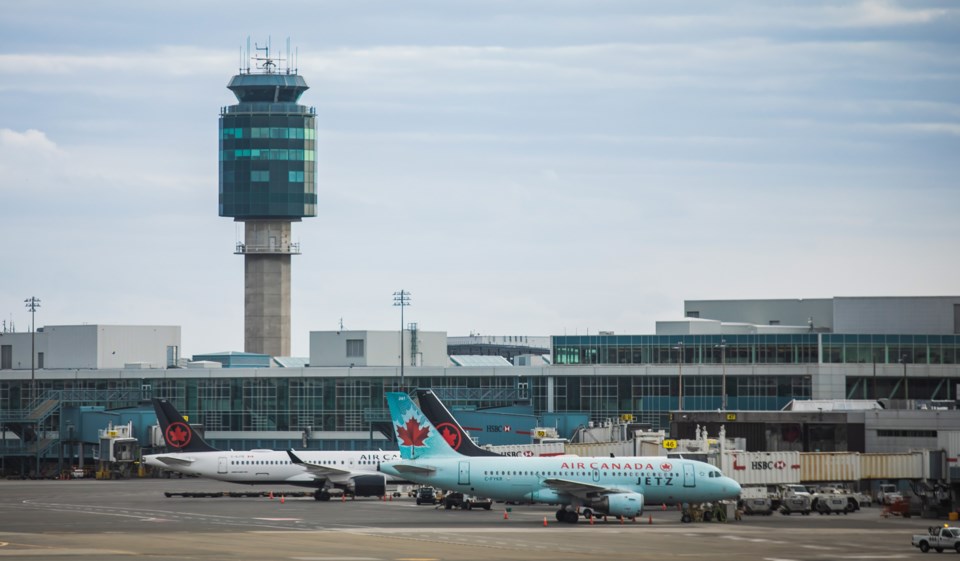Vancouver International Airport (YVR) has no intention of winging it when it comes to the future use of hydrogen infrastructure at Canadian airports.
YVR revealed this week it’s partnering on a feasibility study with Toronto Pearson International Airport, Montréal-Trudeau International Airport, aerospace giant Airbus SE and hydrogen-electric aircraft developer ZeroAvia.
It is the first time a study of this magnitude has taken place in sa国际传媒 to pioneer hydrogen for the aviation sector, according to Tuesday’s (May 21) announcement.
"We know when it comes to climate change, aviation isn't the enemy, carbon is," YVR president and CEO Tamara Vrooman said in a statement.
"The collaboration between Airbus, ZeroAvia and the three biggest airports in sa国际传媒 will help identify the changes required in our industry and supporting ecosystem to meet carbon reduction goals."
The study is expected to provide a better understanding of hydrogen aircraft concepts and operations, as well as supply, infrastructure and refuelling needs at airports, as part of an effort to develop the hydrogen aviation ecosystem across the country, according to the announcement.
“The use of hydrogen to power future aircraft is not only expected to significantly reduce aircraft emissions in the air, but could also help decarbonize air transport activities on the ground,” said the announcement.
The partnership is part of Airbus’ Hydrogen Hub at Airports program, which brings together key players to initiate research into infrastructure requirements and low-carbon airports.
Both Airbus and ZeroAvia have spearheaded initiatives to use hydrogen in the aviation sector. Airbus announced the ZEROe concept in 2020, intending to bring to market the world’s first hydrogen-powered commercial aircraft by 2035.
ZeroAvia said it is developing a 10-20-seat aircraft that's targeting market entry within the next couple of years, and a 40-80-seat aircraft to follow soon after.
"sa国际传媒 is one of the most promising regions for hydrogen hubs due to its natural resources. …These first Canadian hydrogen partnerships enable us to cover the country from coast to coast," Karine Guenan, vice-president of Airbus’ ZEROe Ecosystem, said in a statement.




